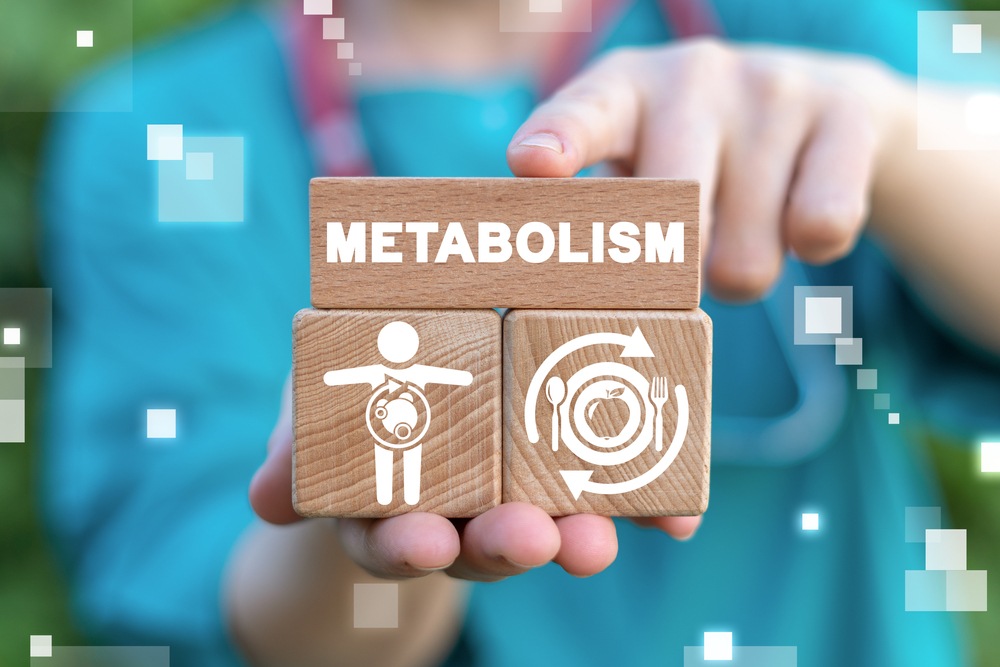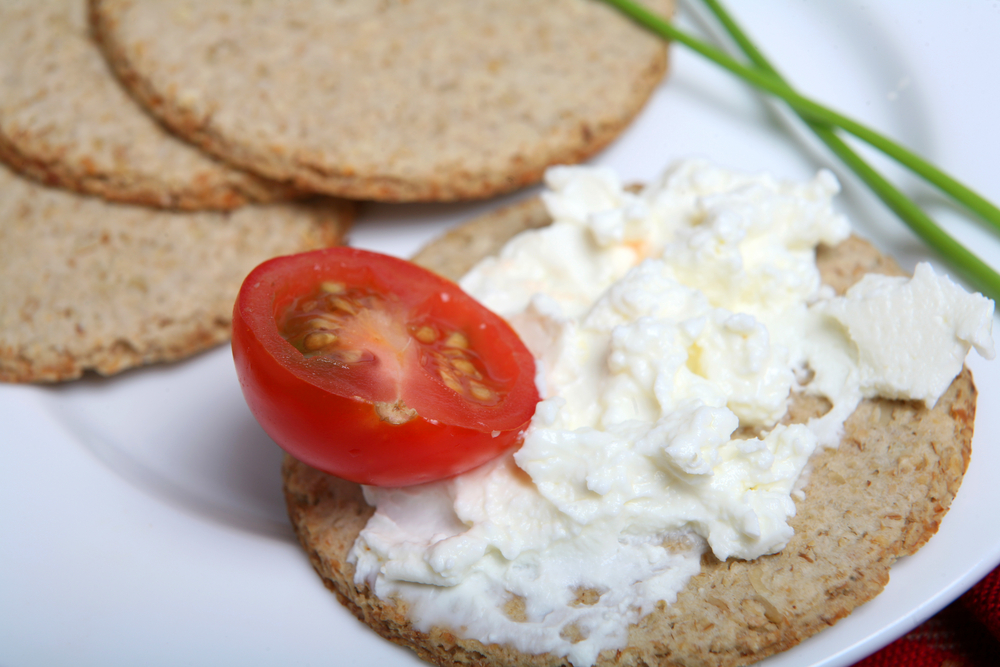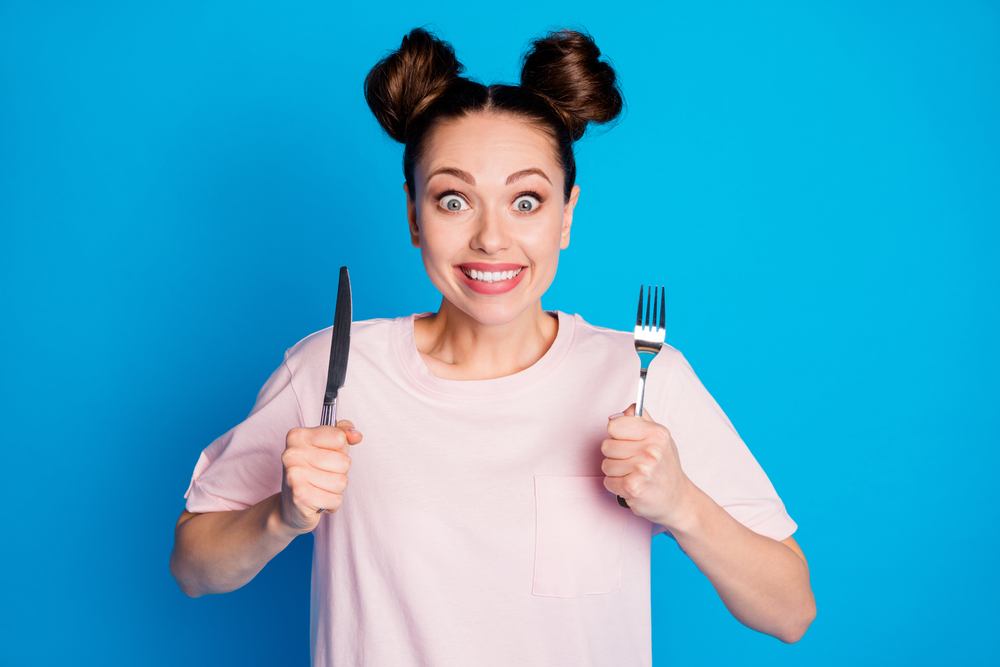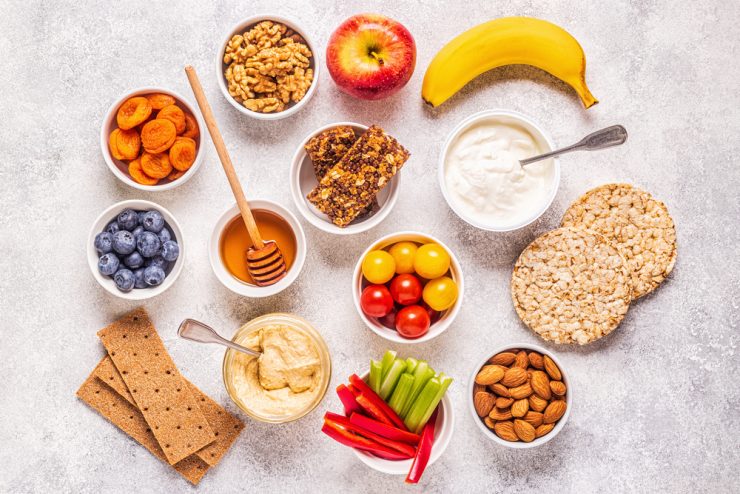“I’m a 35-year-old woman, in good health, although I could do with losing a few pounds but am very confused about snacking! Is it ok or not? Some sources say we shouldn’t go too long without food and some say we shouldn’t snack between meals. What should I believe and what would you suggest?”
Suzie Sawyer, Clinical nutritionist, answers:
As with so many aspects of nutrition, the answer isn’t always straightforward, and much is also down to your individual biochemistry.
Generally, constant grazing is not good for the body and not ideal if you’re trying to lose weight. Constant grazing means the body can never enter the post-absorptive phase of digestion, which means glucose from our food is still circulating in the blood. This has to be removed quickly by the hormone insulin, which will eventually put it into fat storage; this in turn can impact weight.
Metabolic Balance:

When it comes to snacking and meal timing, this is important for getting the body into what is called metabolic balance.
Achieving metabolic balance is essential for our overall health, not just for managing weight. Whilst insulin is an essential hormone for moving glucose (our key energy source) around the body, if we eat highly sugary foods such as biscuits or cakes, the insulin spike is much greater. Insulin can also cause inflammation throughout the body and attack the artery walls. This is the main reason why people with uncontrolled diabetes suffer from peripheral nerve damage and cardiovascular issues.
Snacking on highly processed or sugary foods will cause an insulin spike, followed by a blood sugar low and then cravings will start. So, if you need a snack (and going for long periods without food during the day is not recommended), then choose your snacks wisely.
What to snack on:

Carbohydrate foods that are low in fibre and protein will imbalance blood sugar levels. Certain fruits, like watermelon, can also have this effect. While watermelon for example is a very healthy food, try to eat it with some protein, perhaps some nuts and seeds, to slow its digestion in the stomach and absorption into the bloodstream. Another good snack would be a couple of oatcakes with cottage cheese or some dollops of natural yoghurt with sliced apple.
It’s ok to feel hungry:

While dips in blood sugar when we’ve not eaten for long periods of time can be unpleasant, experiencing slight feelings of hunger means the body has some respite from its digestive and hormonal processes. It can use the energy for other essential processes such as recovery and repair.
I suggest you try to eat three meals a day, evenly spaced. If you have a slightly extended overnight fast (which is very beneficial to health) then eat your first meal of the day around 11 am, another meal around 2.30 pm and the last meal around 7 pm. If you do this, you may not feel the need to snack. Good luck!
























Add comment